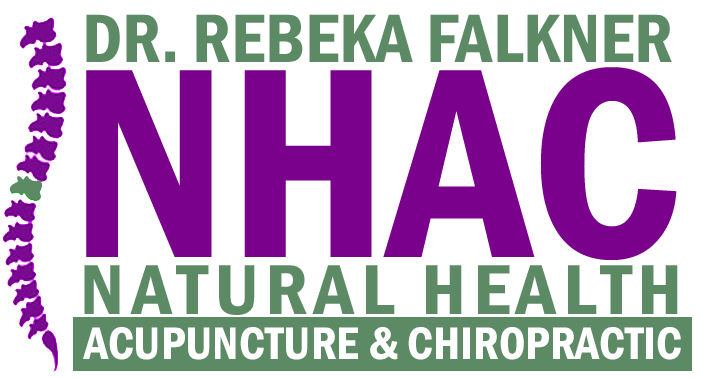
New research shows why doctors need to personalize nutritional advice.
Despite repeated public awareness campaigns and official dietary recommendations, the obesity epidemic is a persistent problem in the United States, and obesity-related conditions such as metabolic syndrome are a growing concern.
The lack of personalized dietary advice may partly be the reason for this.
For instance, one study pointed out that giving specific weight loss tips and having an empathetic approach toward those trying to lose weight can be much more beneficial than simply telling someone to improve their diet.
Another intriguing study in mice pointed to genes as a key factor that may determine which diet works.
At the time, the researchers concluded that if they could replicate the same findings in humans, they would prove that “precision dietetics” may work a lot better than the standard “one-size-fits-all” approach.
Now, groundbreaking research does just that. Drawing from a large twin study, scientists have expanded the findings by conducting a nutritional response study with applied machine learning algorithms to show that one size really doesn’t fit all when it comes to a person’s diet. In fact, the new study reveals that even identical twins respond differently to food.
These findings are part of what is the largest ongoing scientific study of its kind, which researchers at King’s College London (KCL) in the United Kingdom and Massachusetts General Hospital in Boston — in collaboration with nutritional science company ZOE — carried out.
